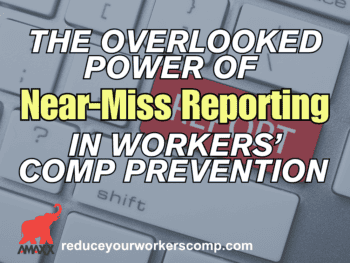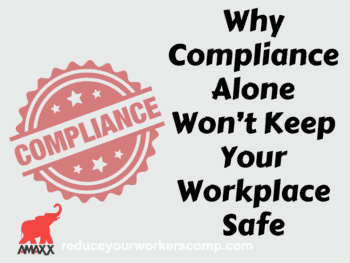Employers whose injury and illness rates are considerably higher than the national average are being surveyed by the U.S. Department of Labor's Occupational Safety and Health Administration (OSHA) to collect workplace injury and illness data. Information gathered helps identify workplaces needing to improve their workplace safety programs.
OSHA sent a letter to about 15,000 workplaces with the highest numbers of injuries and illnesses resulting in days away from work, restricted work activities or job transfers, known as the DARTrate.
"Receipt of this letter means workers in that particular establishment are being injured at a higher rate than in most other businesses of its kind in the country," said Assistant Secretary of Labor for OSHA Dr. David Michaels. "Employers whose businesses have injury and illness rates this high need to take immediate steps to protect their workers."
Employers receiving the letters also receive copies of their injury and illness data, along with a list of the most frequently cited OSHA standards for their specific industry. The letter offered assistance in helping to reduce workplace injuries and illnesses by suggesting, among other things, the use of OSHA's free safety and health consultation services for small businesses provided through the states. (workersxzcompxzkit)
OSHA identified businesses with the nation's highest rates of workplace injuries and illnesses through employer-reported data from a 2009 survey of about 100,000 worksites. (This survey collected injury and illness data for calendar year 2008.) Workplaces receiving notifications had DART rates more than twice the national average among all U.S. workplaces.
Author Robert Elliott, executive vice president, Amaxx Risks Solutions, Inc. has worked successfully for 20 years with many industries to reduce Workers' Compensation costs, including airlines, health care, manufacturing, printing/publishing, pharmaceuticals, retail, hospitality and manufacturing. He can be contacted at: Robert_Elliott@ReduceYourWorkersComp.com or 860-553-6604.
Podcast/Webcast: Claim Handling Strategies
Click Here:
http://www.workerscompkit.com/gallagher/podcast/ Claim_Handling_Strategies/index.php
Do not use this information without independent verification. All state laws vary. You should consult with your insurance broker or agent about workers' comp issues.



























